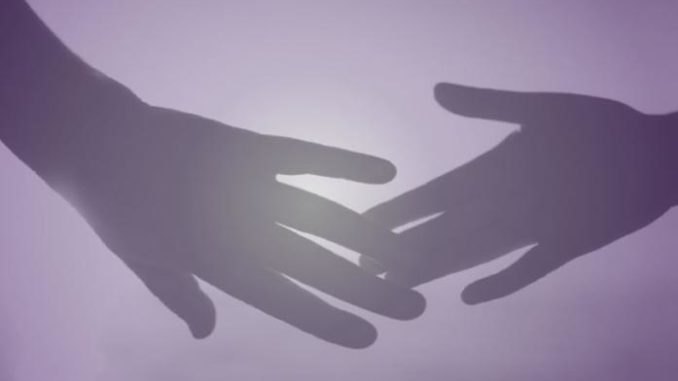
By Tom Tripp, Pastor at First Presbyterian Church, Sun City
We find ourselves in the midst of a frightening time, with worries over the coronavirus, fears over our health, economic uncertainties, qualms about being in public, and questions about whether we will ever find rolls of toilet paper again.
What are we to do in the face of such fears and uncertainties?
We need the proper combination of caution and courage.
First some words of caution: The Red Cross offers these basic suggestions:
- Avoid close contact with people who are sick.
- Stay home when you are sick.
- Avoid touching your eyes, nose or mouth.
- Cover your nose and mouth with a tissue when coughing or sneezing.
- Wash your hands often.
- Practice good health habits (get sufficient sleep, be physically active, manage your stress, eat nutritious food, and drink plenty of fluids).
- Clean and disinfect commonly touched surfaces.
It is also wise at this time to avoid shaking hands.
Now for some words on courage: At a time like this—a time unlike anything most of us have had to endure—it is natural to feel afraid. For anyone to tell you not to be afraid would be foolish. But courage is not the absence of fear. Mark Twain defines courage as “resistance to fear, mastery of fear.” Ambrose Redmoon adds, “Courage is not the absence of fear, but rather the judgment that something else is more important than fear.”
Sometimes the best thing we can do with our fears is to look at them closely, learn from them what we need to learn, then set them to the side and move forward with the “more important” thing.
What are those “more important” things that we should be doing? In an article “On Living in an Atomic Age” at the beginning of the Cold War (1948), C.S. Lewis wrote, “It is perfectly ridiculous to go about whimpering and drawing long faces because the scientists have added one more chance of painful and premature death to a world which already bristled with such chances and in which death itself was not a chance at all, but a certainty. This is the first point to be made: and the first action to be taken is to pull ourselves together. If we are all going to be destroyed by an atomic bomb, let that bomb when it comes find us doing sensible and human things—praying, working, teaching, reading, listening to music, bathing the children, playing tennis, chatting to our friends over a pint and a game of darts—not huddled together like frightened sheep and thinking about bombs. They may break our bodies (a microbe can do that) but they need not dominate our minds.”
One of our greatest tendencies at a time like this is to isolate, but our greatest need in times of need is encouraging connection with others. Dr. Henry Cloud remarks, “One of my favorite examples of connectedness comes from a body of research regarding cortisol release in monkeys, rats, and other animals under stress. Cortisol is not something you want a great deal of floating around in your brain. It is a strong stress hormone. When they put a monkey in a cage and pipe in loud scary noises (thus, high stress for the poor monkey), the amounts of this chemical in the monkey’s system is—as you’d expect—very high. But get this…when they put one of his buddies in the cage with him—even though the loud, scary noises are continued—the amount of cortisol in his brain goes down. The outside stressor is the same, but the inside stress level goes down just from having a friend nearby.”
Perhaps the greatest thing we can do for our world at a time like this is to look out for one another — especially those who are scared, hurting, suffering, or needy. Reach out to one another. Encourage the downhearted. Be there for each other.
Thanks for your consideration.
